KIND to Skin: The Benefits of Choosing Handmade, Natural Soap
It may seem silly to care about the ingredients in your soap. After all, you wash it down the drain. If it gets you clean, why worry? Images of happy babies, kissable skin, and delicate suds convince us that most products on store shelves are safe for your loved ones. This may not always be the case. Choosing natural, handmade soaps can be an easy way to ensure your family is safely cleansed, but the benefits extend beyond the bubbles.
There’s an awakening happening. We’re realizing that mass-produced consumer goods aren’t always made with our best interest in mind. When it comes to quality, these products may be compromised. Cue Quiet Riot; ‘cause we’re not going to take it anymore. Instead, we’re turning to artisans, craftsman and purveyors of higher-standard goods. Locally and globally, individuals and small businesses are intentional about creating commodities that are better for your health and the environment.
Benefits of the Bar
In our germaphobe society, handwashing has long been the most effective way to keep yourself and others well. When liquid soaps arrived on the scene, many touted them superior to the bar based on the argument that bacteria thrived on solid soaps. This myth was dispelled in a research experiment where scientists applied 70 times the amount of typical bacteria existing on bar soap used by volunteers.(2) No contamination was transferred to the hand-washer. Bars were deemed equally effective for sanitation purposes. (And if you want to learn about the reasons why we don’t use antibacterial agents such as triclosan, check out this post.)
While liquids do provide a mess-free way of keeping soaps on your sink, the amount of plastic waste adds up. Consider this: there are about 22 billion plastic bottles thrown out annually in the U.S.(2) While this number takes into consideration all bottles used, the point is that we produce a lot of waste. Tired of soap scum lingering at your sinks and tubs? Try our Soap Lift to eliminate the mess and preserve your bar!
Boosting the Economy
Choosing to shop locally is not a new trend. We’re all trying to improve our nation starting where we are. Big impacts are made as a result of many little actions. When you shop local, more money stays in the community, circulates, and keeps the local economy thriving. Consumers benefit from regional creativity and goods. We’re proud to see the artistic flair, delicious creations from homegrown chefs and produce, and wear clothes hand-picked by boutique owners who care about quality and style.
Some argue that buying local increases the cost of products. There may be a difference between mass-produced items and locally created commodities. The benefit of the latter includes a healthy job market, less commuting, and many other economic gains. There’s a smaller environmental impact as well. When goods are created locally, less pollution is dumped on our already fragile ecosphere.
We all want to keep more income in our communities to benefit public safety, schools, and resources such as your local library. When you buy local, those profits are injected into the local economy at a greater rate than those monies spent at big box retailers. In fact, one study cited 68% of local business support stayed local, in comparison to 43% spent at chains.(1) Because we are stronger when we support and help one another, investing into our own communities has benefits beyond the revenue.
Perhaps the best reason to shop local is the way it binds together the people of a community. When you visit KIND soap, you’re not just buying lovely handmade soaps. You’re getting a level of care and service that you may not otherwise receive. We want to listen to your concerns and help you make an informed decision that will give you peace of mind. While you may walk in a customer, we want to be sure you leave as a friend.
Beware of Imposters
So we’ve convinced you to go back to the bar. Great! Before we turn you loose, we leave you with one caveat: beware of imposters. Not all bars are created equally. Marketing misleads you into thinking a product is for your skin because it doesn’t shrivel up when not in use. Images of dry versus hydrated skin comparisons only tell half the story. Like all other consumable items, it’s important to know what ingredients are used in your bar of soap. Synthetic detergents used in imposter bars may cleanse, but at what cost to your overall health? (Remember, skin is your biggest organ.) Be on the lookout for “The Dirty Dozen”, a list of commonly used ingredients that have no place on your loved ones’ bodies. The potential health hazards range from skin irritations like eczema, to carcinogens, neurotoxicity, and endocrine/hormone disruption. Talk about a filthy way to mess up a clean subject!
Synthetic detergents used in imposter bars may cleanse, but at what cost to your overall health? (Remember, skin is your biggest organ.) Be on the lookout for “The Dirty Dozen”, a list of commonly used ingredients that have no place on your loved ones’ bodies. The potential health hazards range from skin irritations like eczema, to carcinogens, neurotoxicity, and endocrine/hormone disruption. Talk about a filthy way to mess up a clean subject!
It’s What Inside that Counts
At KIND soap, we promise to use ingredients that are safe for your skin, overall health, and care for the environment. Our handmade soaps are crafted with pure botanicals and essential oils. Moisture comes from ethically sourced, plant-based emollients. They’re not only safe for cleansing, they’re luxurious and pampering!
We’re also committed to caring for our planet. Packaging our products in environmentally responsible materials, reducing excess waste, and using sustainable ingredient may not single-handedly save this little blue dot we call home, but it’s us doing our part.
We’ve got a heart for the thing that matters most: people. Beautiful, imperfect people trying to do their thing to make this world a better place. We applaud the little acts of KINDness you do every day. We pour our love into every product we create. We want to educate YOU to make decisions that positively impact your bodies, the planet, and the people you share life with. Buying natural handmade soaps is just one tiny decision among the sea of other choices you make each day as you strive to raise a healthy family.
Sources:
https://www.entrepreneur.com/article/244839
https://www.treehugger.com/environmental-policy/trash-numbers-startling-statistics-about-americans-and-their-garbage.html
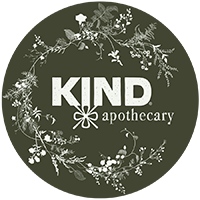
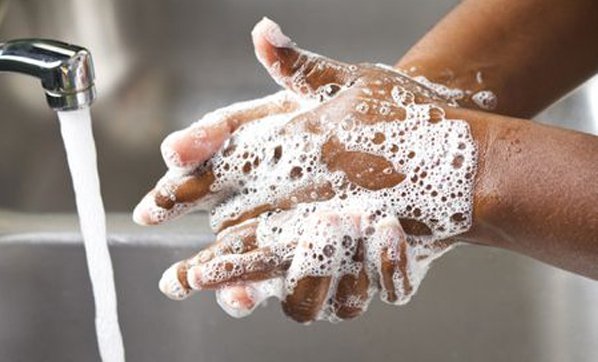
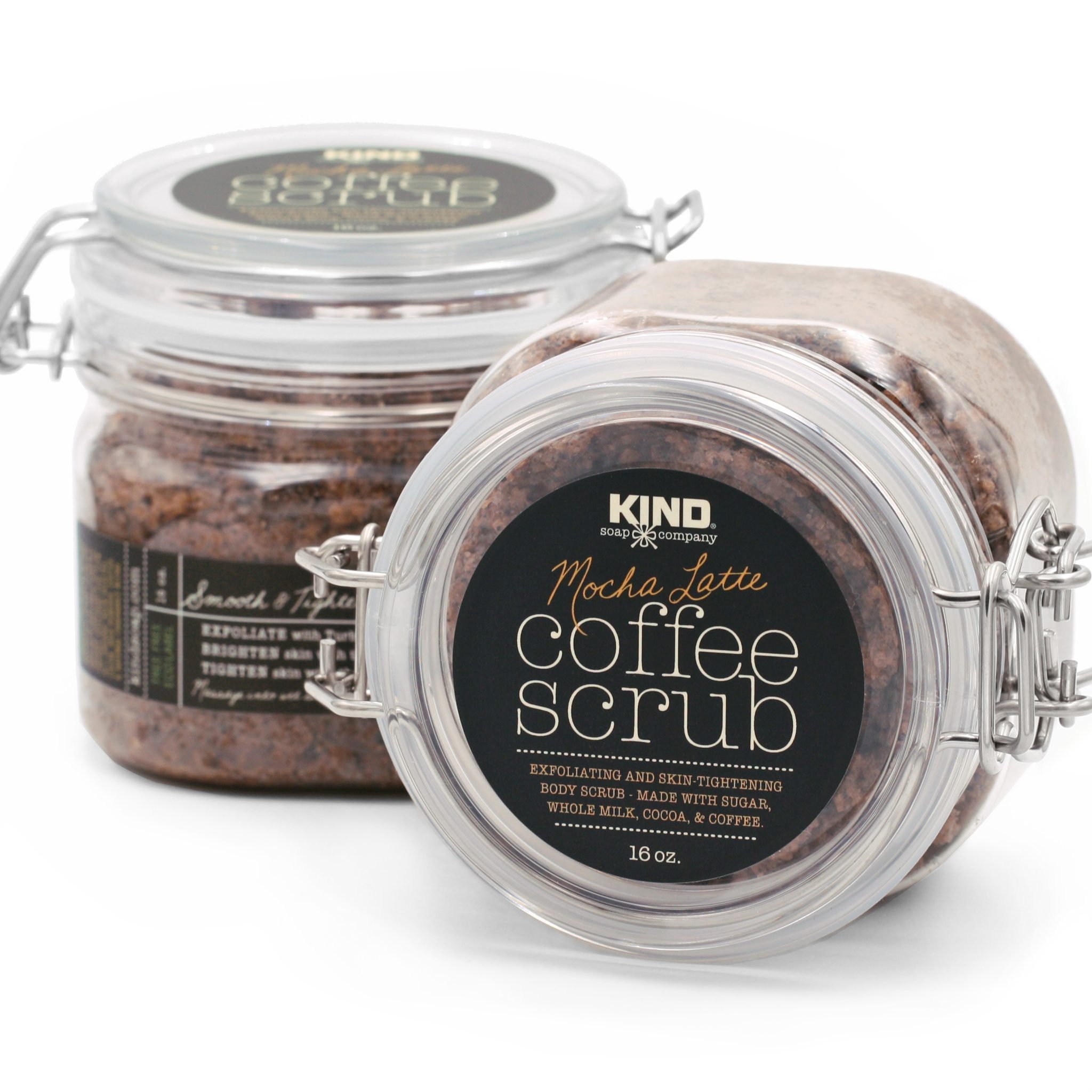




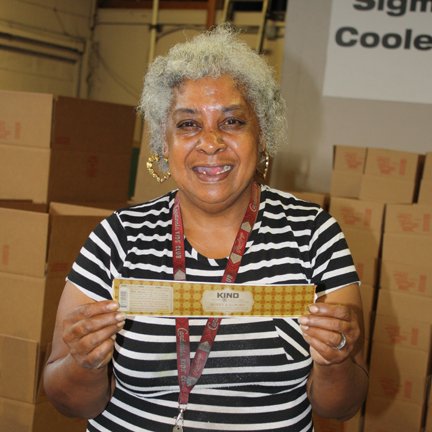

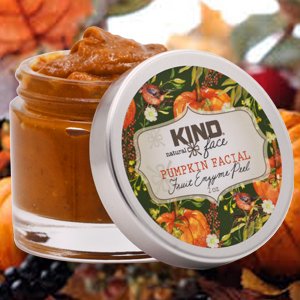
Leave a Reply